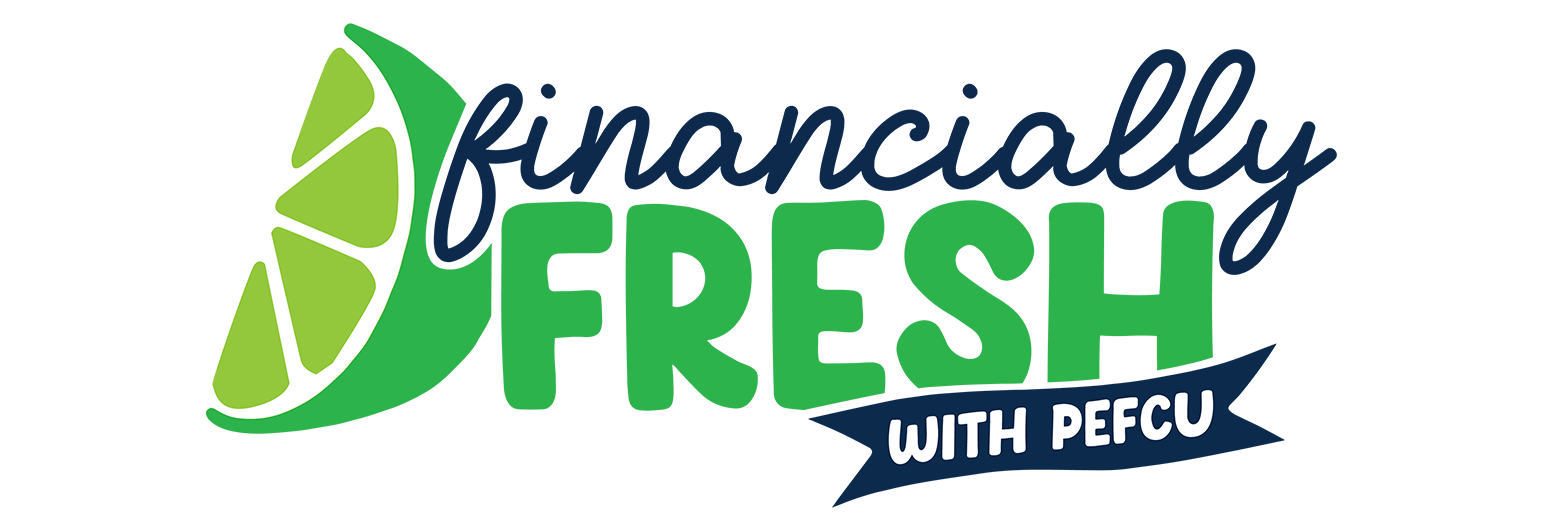July 5, 2021IRAs: Your Future, Your Money, Your Priorities
No matter your age, focusing on your financial future is one of the best things you can do. As you are first settling into a career, you may think retirement is far enough away to give you time to come up with a strategy later. But as the years go by, it creeps higher and higher up on your list of priorities.
The best way to plan for retirement is to not let it sneak up on you; start your game plan now, so that you can live comfortably as a retiree. Individual Retirement Accounts (IRAs) are designed to get you there. An IRA is basically a savings account with big tax breaks created specifically to help you put away the extra cash you’ll need in retirement. Unlike 401(k)s, which are typically provided by your employer, most IRAs require you to open them on your own.
Know Your Options
There are several types of IRAs, including Traditional IRAs, Roth IRAs, SEP IRAs, and SIMPLE IRAs. Unfortunately, not all of them are available to everyone, so it’s crucial to do your research or talk to your financial planner (or tax advisor) about which account is right for you. Each has eligibility restrictions based on your income or employment status. And all have caps on how much you can contribute each year and penalties for taking money out before the designated retirement age.
When deciding how much to put into your IRA, there are some government regulations, but mostly it depends on your income and your goals. If you can afford it, it’s generally a good idea to put as much in an IRA as the government allows you to. That’s because the more you save in a tax-favored account, the more tax-protected gains you can rack up. A healthy retirement fund will be easier to achieve if your money starts to earn serious ground, just by sitting untouched. If you’re younger than 50, your 2020 contributions to a Traditional IRA or a Roth IRA are limited to $6,000 or the total of your taxable compensation, whichever is smaller. If you’re 50 or over before the end of the year, you’re allowed to contribute up to an additional $1,000 for a total yearly contribution of $7,00; this is the IRS’s way of encouraging you to save more in the final years before retirement.
Take care when depositing, however, because every withdrawal has profound consequences that will negatively affect your financial health. If you withdraw money from a traditional IRA, prior to age 59 ½, you will pay a 10 percent tax penalty (with a few exceptions). The same rule applies if you withdraw investment earnings from a Roth IRA. The exceptions involve cases in which you use the withdrawal to pay for college expenses, to buy your first home (up to $10,000), for medical expenses greater than 7.5 percent of your adjusted gross income or if you have a disability.
We’re Here to Help
When it comes to saving for retirement, remember that early planning is best. IRAs are designed to help you achieve your retirement goals, so taking the time to decide which type of IRA is right for you and consistently contributing to it is sure to pay dividends in the long run. Your older self will thank you for it.
Click here to learn more about the different IRAs available through PEFCU. If you have any further questions, please don’t hesitate to call us at 1-800-266-6673.
Each individual’s financial situation is unique, and readers are encouraged to contact PEFCU when seeking financial advice on the products and services discussed. This article is for educational purposes only; It does not constitute legal advice. If such advice or a legal opinion is required, please consult with competent local counsel.


